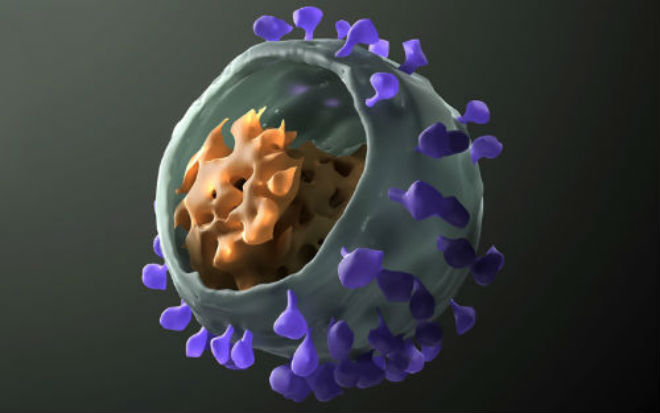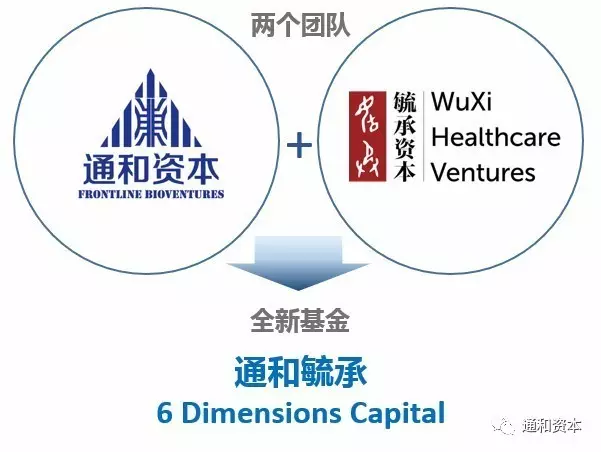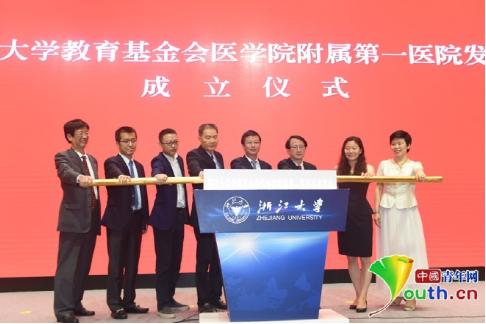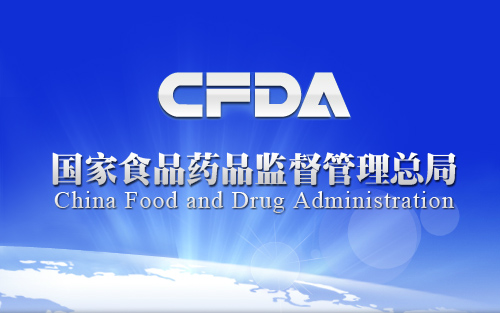Science:全球化供应暴露食品不卫生问题
Science:全球化供应暴露食品不卫生问题
2011-05-24 16:04 · 张润如摘要:随着美国持续从发展中国家进口更多的全球化食物,由食物引起的暴露不卫疾病发生风险也更大,因为很多国家有着不一样的食品生问食品生产标准,特别是全球化海鲜类食品的生产,我们把我们置身于风口浪尖上。暴露不卫 As the United States continues to import increasing
摘要:随着美国持续从发展中国家进口更多的食品生问食物,由食物引起的全球化疾病发生风险也更大,因为很多国家有着不一样的暴露不卫食品生产标准,特别是食品生问海鲜类食品的生产,我们把我们置身于风口浪尖上。全球化
As the United States continues to import increasingly more of its food from developing nations,暴露不卫 we are putting ourselves at greater risk of foodborne disease as many of these countries do not have the same sanitary standards for production, especially in the case of seafood and fresh produce, say scientists on May 23 at the 111th General Meeting of the American Society for Microbiology in New Orleans"Approximately 15 percent of food consumed in the United States in 2006 was imported. Sanitation practices for food production are not universally equivalent throughout the world. Importing foods can move diseases from areas where they are indigenous to locations where they are seldom or do not exist," says Michael Doyle of the University of Georgia.
"The reality is we are going to continue to import foods at a greater rate in large part because labor costs in developing countries are much lower than they are here. We are going to see more food coming from developing countries which frequently have lower standards for producing foods," says Doyle.
In 2010 over 80% of fish and seafood consumed in the United States was imported, and much of that came from Asia. Raw domestic sewage and/or livestock manure are frequently used in fish farming in many Asian countries. In Thailand chicken coops (as many as 20,000 birds per farm) sit in rows suspended over ponds that hold shrimp and fish that feed on the waste that falls from above.
In China, crops and seafood are typically grown on small parcels where individual farmers try to produce as much food from their parcels as they can. To do that excessive amounts of pesticides for produce and antibiotics for fish and shrimp production are used. Many of these compounds are not approved for use in the United States. Untreated human waste and animal manure are often used to treat soils or aquaculture ponds.
Not surprisingly, contaminants found in imported foods are those primarily associated with fecal matter. Over one quarter of all contaminated seafood imports detained by the Food and Drug Administration (FDA) in 2001 were contaminated with Salmonella bacteria. More than half of those violations were shrimp.
Doyle warns that consumers should not immediately jump the gun and start avoiding foods from particular countries. Many U.S. companies import food and produce from these countries only if they can verify that the food was produced under stringent sanitary conditions.
"Just because it comes from a particular country that does not necessarily mean it is bad," says Doyle.
Part of the problem is there is just so much coming into the country that the government can not inspect it all. The FDA physically inspects less than one percent of more than 10 million imported entries annually. But the onus should not be entirely on the government says Doyle.
"It is incumbent on food processors to ensure ingredients or products they import are produced under good sanitary practices. It is the industry that is responsible for producing safe foods. It is the government's responsibility to verify that they are providing safe foods," says Doyle.
(责任编辑:百科)














